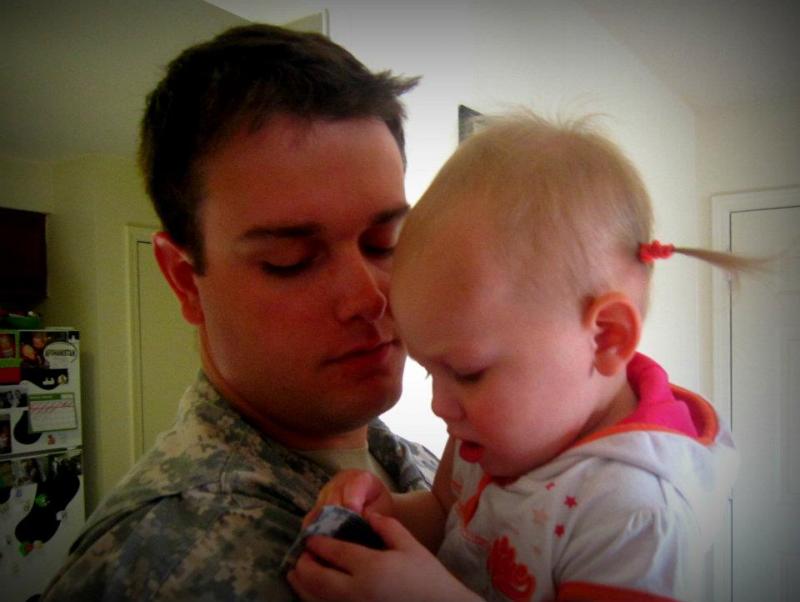Coming home: Some soldiers face a different kind of battle
You jump out of a helicopter and on to a mountain in the middle of the night. Each of your senses is on high alert because it's kill or be killed, and you don't plan on dying in the desert. When the enemy rears their head you pick off as many as you can, and possibly watch some of your friends get picked off too.
Before you know it, you're back in the land of fast food restaurants, daily errands and people who have no concept of what kind of hell you've been through.
Over a decade into a war many people have forgotten, there are casualties here at home that should not be ignored.
Rob Gerard grew up in Wareham, and served from August 2009 to September 2012 in the Army's 2-327 No Slack Infantry Regiment. He spent a year serving overseas in Afghanistan about 1 1/2 miles from the Pakistani border.
Gerard says that given the opportunity he would definitely do it again, but the experience did not leave him without any unsavory souvenirs.
"I got PTSD (Post Traumatic Stress Disorder). Living with that's kind of tough but I'd still do it over again," he says. "I'm definitely different than I was before. More angry."
Watching people die around him and being sent out to kill others had a profound effect on him. He watched his squad leader die, along with many of the men he trained with. The same men who went through the same training as he did were gone, and he was acutely aware of the fact that his life could be taken just as easily.
As dangerous as life overseas was, it just as complicated now. How does one adjust to living some place where they're not constantly worried about getting killed?
One of the hardest parts about coming back from war is the disconnect between civilian life and military life.
"It's hard to come back and talk to people who don't understand," he says. "I didn't understand what it would be like until it happened."
One of the things Gerard says he loves about his time in the Army is that he got to experience things most people never will, but even that is a double edged sword as a lot of what he experienced was brutal.
"The amount of violence. You don't see violence on TV, you just see numbers scrolling at the bottom," he says.
Gerard says it didn't take long for the reality of the situation to be driven home.
"Within a month eight people had died...It was a pretty scary realization."
No matter what happened around him he says pushing fear out of one's mind and focusing on the task at hand was the only way to operate, and make it through stressful missions.
"You got dropped off by a helicopter at 1 a.m.," without a base or a road in sight. "Pretty much, you're sitting out there like 'come get us', then you just kill them all," Gerard says.
It may sound crazy, but they had back up and there was a method to the madness.
"It seemed they would put us in the worst possible areas to get them to attack us, because how else are you going to find them?"
A little over a year after returning home, Gerard spends his days taking care of his two kids and trying to get back to normal - whatever that is. One of his children was born while he was overseas, but his second is giving him a chance to enjoy the crying, pooping and "firsts" he missed when his oldest was born.
As far away as he is now from the mountainous region where he had some of the best and worst moments of his life, his mind doesn't seem to wander far from it.
While it's tough for him to stop thinking about it, it seems much of the public has forgotten that there're still people placing themselves in situations that no civilian can understand.
"There's a lot of people still in Afghanistan and a lot of people don't give them a thought in their everyday life.
A portion of Gerard's and his fellow soldiers' experiences were captured by a father and son team of journalists, and can be seen in the upcoming movie Hornet's Nest. Click here to view the trailer.












